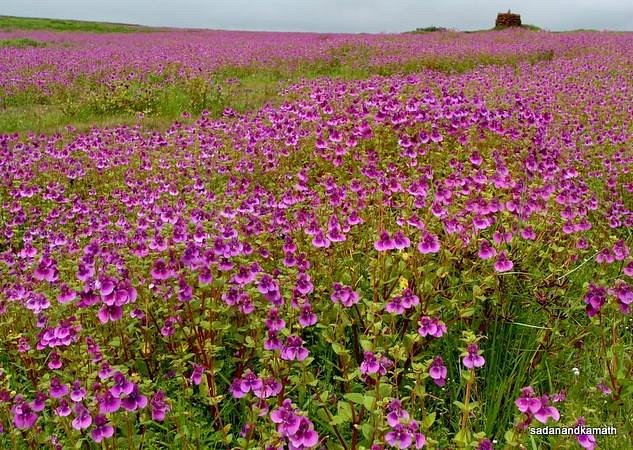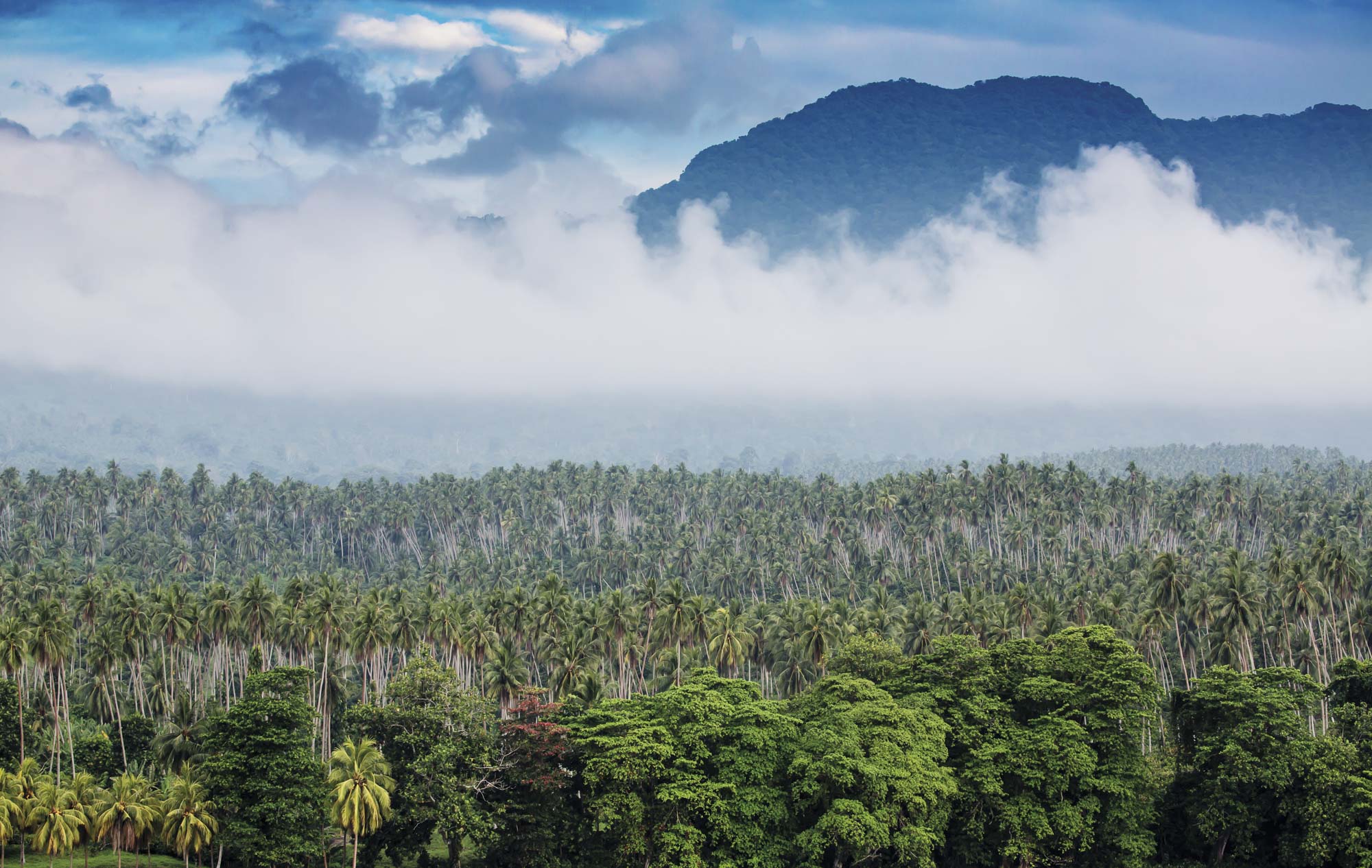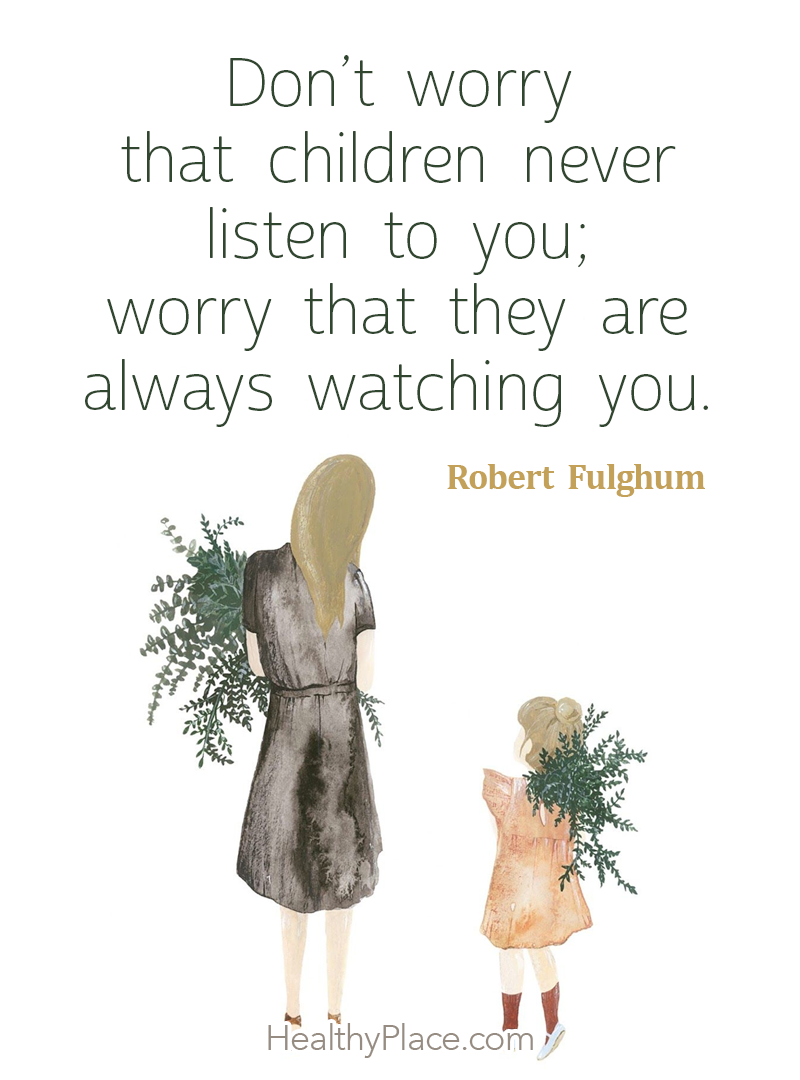Introduction In our quest for a greener planet, choosing the right plants can make a significant difference. From carbon sequestration to supporting local wildlife, certain plants excel in promoting a healthier environment. Let's dive into the world of nature's best allies.
Trees: The Cornerstone of Sustainable Landscaping Trees are unmatched in their ability to sequester carbon dioxide and release oxygen. Species like oak, maple, and beech are excellent choices for reforestation efforts due to their longevity and biodiversity support. Urban areas benefit from street trees that improve air quality and reduce the urban heat island effect.
Native Wildflowers: Supporting Pollinators and Biodiversity Native wildflowers play a crucial role in supporting pollinators such as bees, butterflies, and birds. Choosing local wildflowers over exotic species helps preserve regional biodiversity and ensures the survival of native pollinators.
Edible Gardens: Combining Sustainability with Food Production Growing your own food not only reduces carbon footprint but also promotes sustainable agriculture. Plants like tomatoes, peppers, and herbs can be cultivated in home gardens, promoting self-sufficiency and reducing reliance on industrially produced food.
Wetland Plants: Guardians of Water Quality Wetland plants like cattails and water lilies are essential for maintaining water quality. They filter pollutants, prevent erosion, and provide habitat for aquatic life. Restoring wetland ecosystems is crucial for safeguarding water resources.
Medicinal and Aromatic Plants: Cultivating Traditional Wisdom Plants with medicinal and aromatic properties, such as lavender, echinacea, and mint, offer therapeutic benefits while promoting sustainable practices. Cultivating these plants supports herbalism and reduces dependence on synthetic drugs.
Choosing the best plants for nature involves a holistic approach that considers environmental impact, sustainability, and biodiversity. By embracing native species, supporting pollinators, and cultivating green spaces, we can all contribute to a healthier and more resilient planet.

.jpg)
.png)
.png)












Comments 0